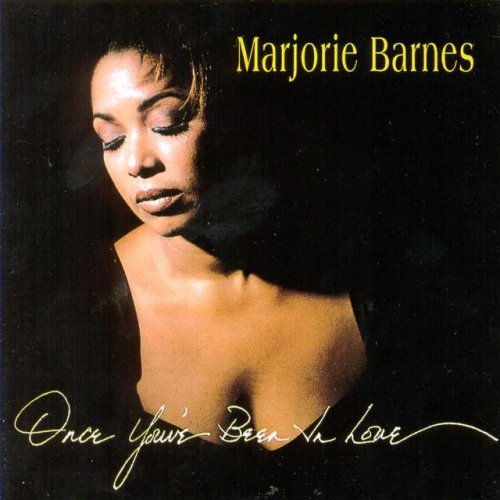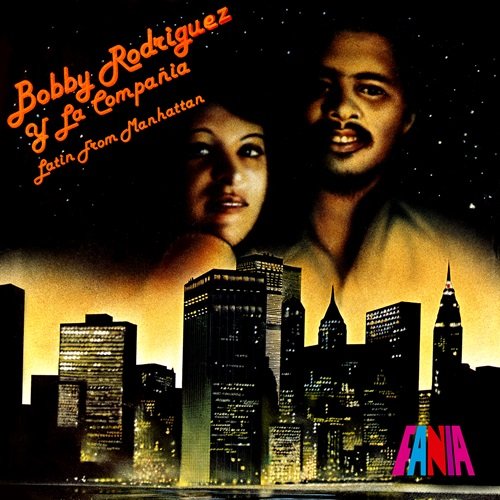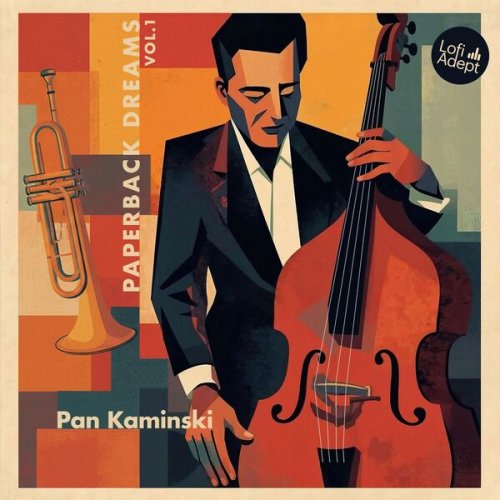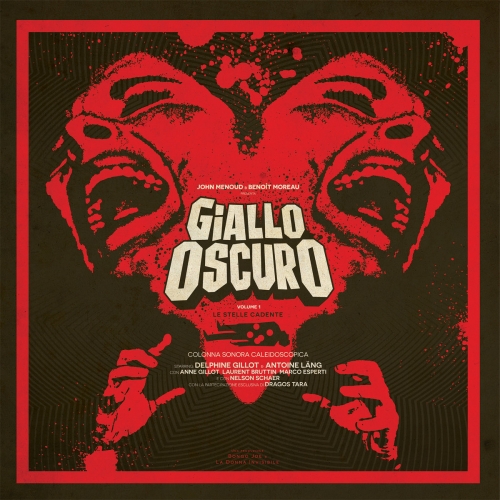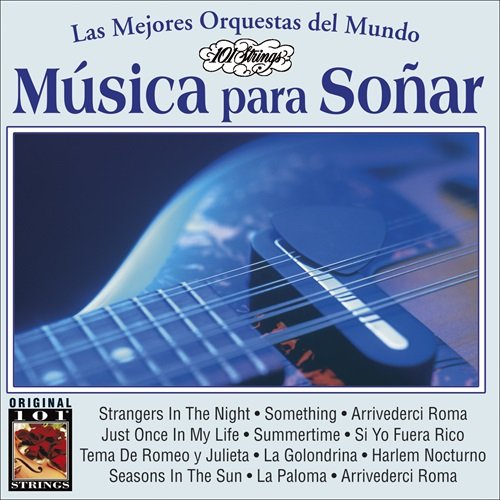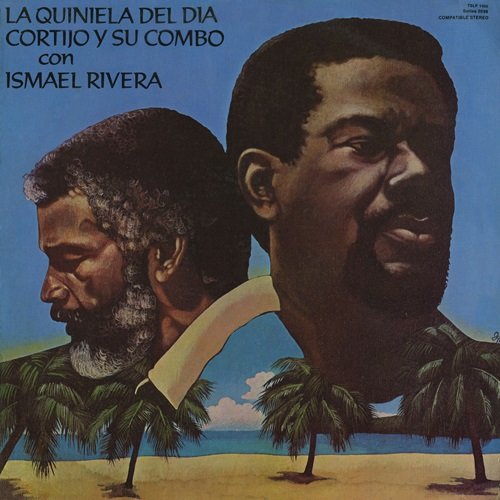Ben Riley's Monk Legacy Septet - Memories Of T (2006)
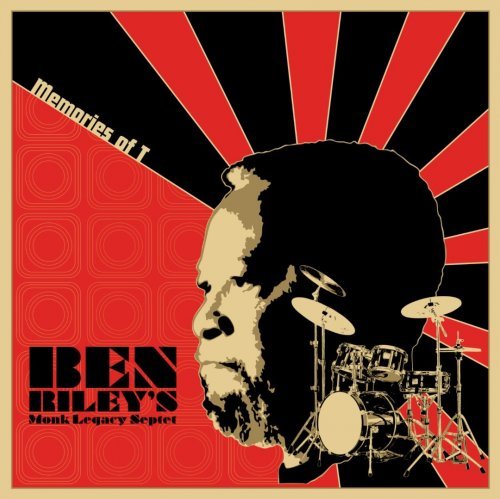
Artist: Ben Riley's Monk Legacy Septet
Title: Memories Of T
Year Of Release: 2006
Label: Concord Jazz
Genre: Jazz, Hard Bop
Quality: FLAC (tracks+.cue, log, Artwork)
Total Time: 01:03:44
Total Size: 444 MB
WebSite: Album Preview
Tracklist: Title: Memories Of T
Year Of Release: 2006
Label: Concord Jazz
Genre: Jazz, Hard Bop
Quality: FLAC (tracks+.cue, log, Artwork)
Total Time: 01:03:44
Total Size: 444 MB
WebSite: Album Preview
01. Let's Call This (5:32)
02. Rhythm-A-Ning (7:45)
03. Gallop's Gallop (6:21)
04. Nutty (5:54)
05. Brake's Sake (6:21)
06. Pannonica (6:33)
07. Straight, No Chaser (6:24)
08. Bemsha Swing (6:30)
09. Shuffle Boil (6:02)
10. Green Chimneys (5:41)
11. Epistrophy (1:06)
Thelonious Monk's place in jazz is quite intact. In addition to the archival efforts of his son, drummer T.S. Monk, plenty of players have overcome the intimidation factor that goes with tackling Monk's singular sound. The issue is not whether Monk covers appear with the same frequency as covers of Ellington or Armstrong; rather, it is whether these attempts follow Monk's lead, taking the music outside the box. Memories of T—the debut disc by Ben Riley's Monk Legacy Septet—serves up solid renderings of Monk masterpieces, with one major difference: Riley and trumpeter/arranger Don Sickler have taken the piano out of the equation altogether.
Sacrilege, you say? Well, it's not like it's never been done. John Patitucci's recent trio recording of "Evidence had no keyboards. Also, both Sickler (who invented this unique vision) and Riley (who played with Monk) have long personal and professional ties to the Monk family, so they possess the proper level of reverence for Monk's work; they just don't let that reverence get in the way of presenting eleven classics in a brand new light, substituting the piano with a four-horn front line.
Far from robbing standards like "Rhythm-A-Ning, "Green Chimneys and "Bemsha Swing of their integrity, the horns expand the music's possibilities. Monk's music wasn't just the melody; it was also the "comping —that is, the harmonic and rhythmic support he gave his fellow players. Monk kept his comping off-kilter, eschewing traditional structure to make the final product a little bit different. Sickler and his fellow front-liners take the paradigm to another level, adding power and drama in a style that evokes Mingus as well as Monk.
Cacophany is a constant right out of the gate, starting with the discordant horns on "Let's Call This, which lead to jumping solos by Sickler and guitarist Freddie Bryant. As with the original recordings, the fills make the tunes special, particularly the vibrant color they bring to "Straight, No Chaser ; one line is passed from guitar to trumpet to tenor to baritone so fast that you have to replay the sequence to understand what just flew by you. Jay Brandford's baritone acts as a second percussion instrument on the Monk coda "Epistrophy, and Bryant's solos (which give the proceedings a Grant Green gloss) become starker when placed against the explosive, frenzied backgrounds.
The genius of Monk lay in his ability to go far out on the limb without falling off. Riley and Sickler's twist on Monk takes Memories of T just as far out. Instead of falling, though, the music is buoyed by a divine pandemonium that takes the disc beyond mere repertory. Nobody can ever really speak for Monk, but I have to think he would have approved.
Sacrilege, you say? Well, it's not like it's never been done. John Patitucci's recent trio recording of "Evidence had no keyboards. Also, both Sickler (who invented this unique vision) and Riley (who played with Monk) have long personal and professional ties to the Monk family, so they possess the proper level of reverence for Monk's work; they just don't let that reverence get in the way of presenting eleven classics in a brand new light, substituting the piano with a four-horn front line.
Far from robbing standards like "Rhythm-A-Ning, "Green Chimneys and "Bemsha Swing of their integrity, the horns expand the music's possibilities. Monk's music wasn't just the melody; it was also the "comping —that is, the harmonic and rhythmic support he gave his fellow players. Monk kept his comping off-kilter, eschewing traditional structure to make the final product a little bit different. Sickler and his fellow front-liners take the paradigm to another level, adding power and drama in a style that evokes Mingus as well as Monk.
Cacophany is a constant right out of the gate, starting with the discordant horns on "Let's Call This, which lead to jumping solos by Sickler and guitarist Freddie Bryant. As with the original recordings, the fills make the tunes special, particularly the vibrant color they bring to "Straight, No Chaser ; one line is passed from guitar to trumpet to tenor to baritone so fast that you have to replay the sequence to understand what just flew by you. Jay Brandford's baritone acts as a second percussion instrument on the Monk coda "Epistrophy, and Bryant's solos (which give the proceedings a Grant Green gloss) become starker when placed against the explosive, frenzied backgrounds.
The genius of Monk lay in his ability to go far out on the limb without falling off. Riley and Sickler's twist on Monk takes Memories of T just as far out. Instead of falling, though, the music is buoyed by a divine pandemonium that takes the disc beyond mere repertory. Nobody can ever really speak for Monk, but I have to think he would have approved.
